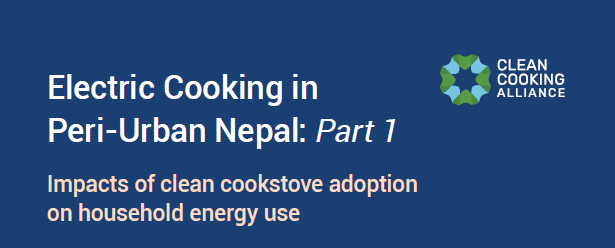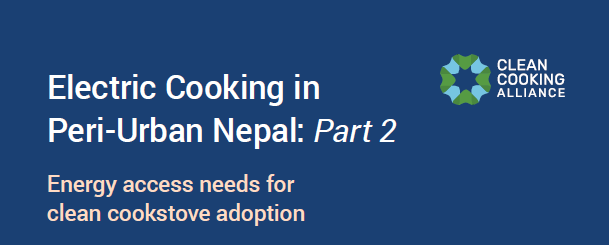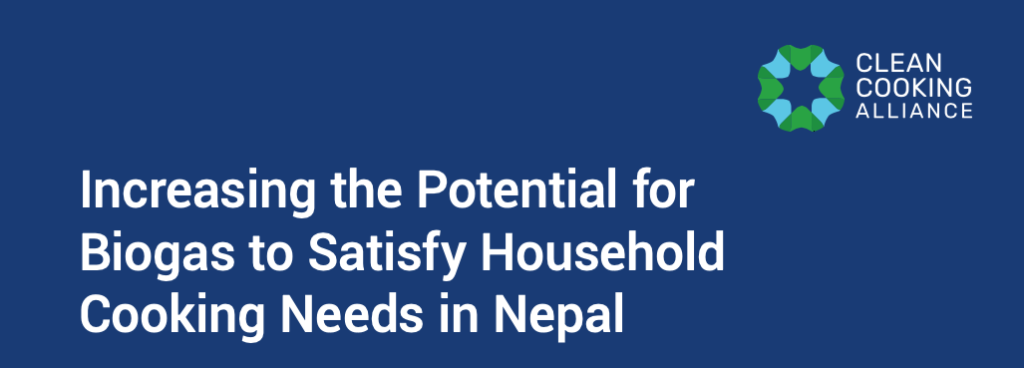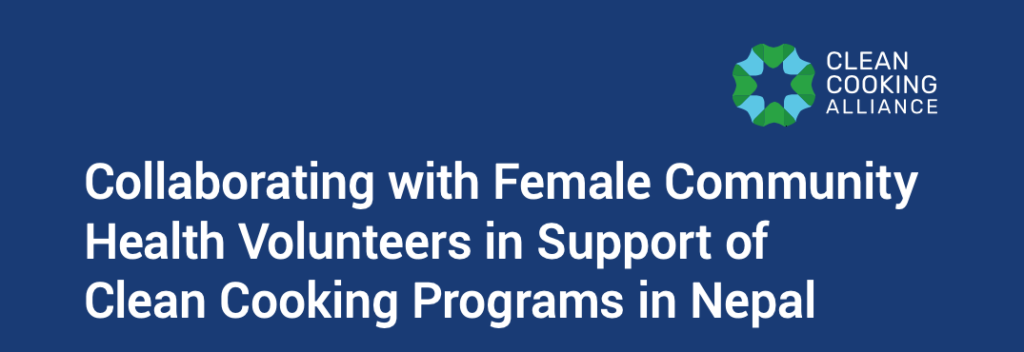Nepal Health Demonstration Project Policy Briefs
These policy briefs summarize findings from “Maximizing the Health Benefits of Clean Household Energy in Peri-Urban Nepal,” a multi-year study aimed at increasing the uptake and assessing the impact of clean cooking technologies in peri-urban households. The full summary report of that project is available here.
Electric Cooking in Peri-Urban Nepal: Part 1 – Impacts of clean cookstove adoption on household energy use
This brief describes household changes after purchasing electric induction stoves, including reduced use of other stoves, and reductions in overall household energy costs. This brief also suggests strategies for overcoming some adoption barriers.
Electric Cooking in Peri-Urban Nepal: Part 2 – Energy access needs for clean cookstove adoption
This brief details the energy needs associated with electric cookstoves, and improvements needed in household wiring and community-scale infrastructure to safely accommodate widescale uptake of electric cooking in peri-urban Nepal.
Increasing the Potential for Biogas to Satisfy Household Cooking Needs in Nepal
This brief summarizes the results of biogas system assessments conducted in Nepal, common performance issues observed, and measures identified to correct them and expand the use of biogas in Nepal.
Collaborating with Female Community Health Volunteers in Support of Clean Cooking Programs in Nepal
This policy brief highlights lessons learned from partnering with female community health volunteers (FCHVs), and their potential in supporting national-wide efforts to scale clean cooking.




